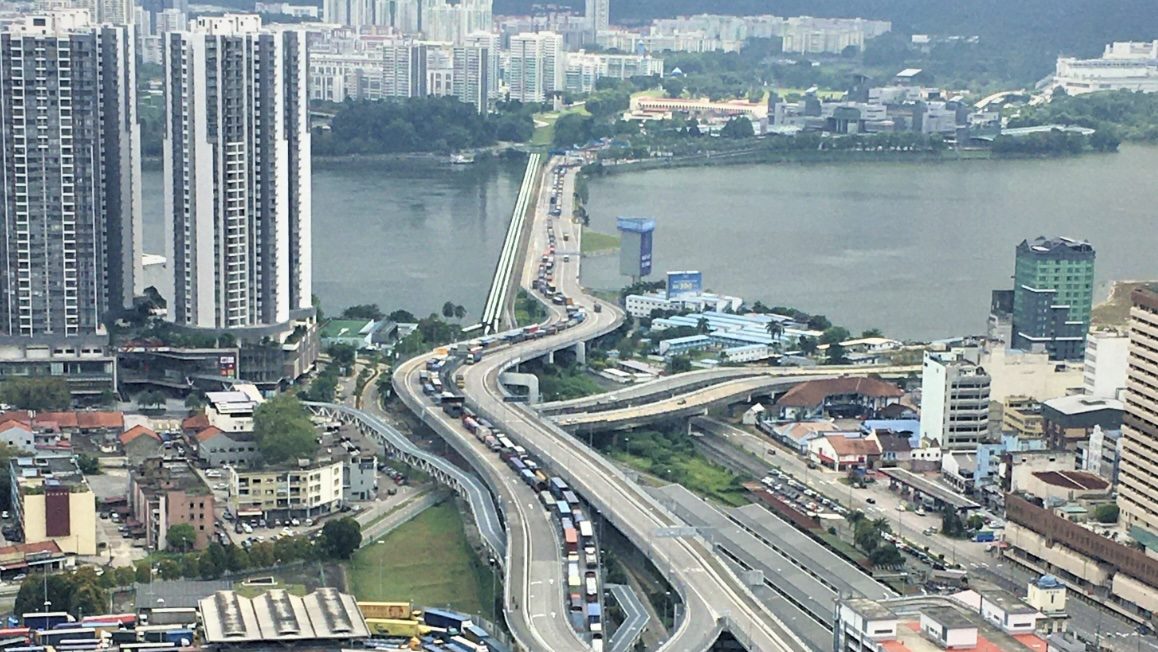SINGAPORE: Since the Memorandum Of Understanding was signed between Singapore and Malaysia for the Johor-Singapore Special Economic Zone (SEZ), signed early this year, there has been a lot of interest in the initiative.
Many look forward to a Shenzhen-Style Mega-Hub, as Bloomberg put it, that is designed to be advantageous to the economies of both countries. However, bringing it to reality appears to be easier said than done.
Last week, Johor’s Chief Minister Onn Hafiz Ghazi said that the agreement’s signing had been postponed due to delays in leadership meetings but expressed the hope that the deal will be signed in November.
In July, Bloomberg reported that 160 firms polled by the Singapore Business Federation said they wanted red tape to be slashed for the SEZ.
They also specified insufficient skilled labour, unclear tax rules, and ease of movement as challenges they anticipate in connection with the special economic zone.
Multinational companies have reportedly expressed interest in the SEZ. This would be a key component for its operations, said Rafizi Ramli, the Economy Minister of Malaysia, in July.
“There will be companies from Singapore coming to Johor, but the bigger potential is companies from all over the world coming to Johor with a view of having the best of both worlds,” CNA quoted Mr Ramli as saying.
On Sept 4, CNA reported that international companies are asking for less red tape and better infrastructure to ensure the success of the SEZ.
The report also quoted businesses saying that Johor should make regulatory processes easier and improve infrastructure to attract global companies with regional offices in Kuala Lumpur or Singapore.
A top official from a Dutch tank storage firm said that by establishing a one-stop shop for permits and approvals, Johor would make regulatory processes more streamlined.
Mr Chris Robblee told CNA that Johor could also ensure transparency in decision-making, adding that he hopes “tax breaks and exemptions, investments grants and subsidies, low-interest loans and financing and provision of incentives for foreign companies to facilitate job creation, transfer of knowledge and upskilling of the local workforce” would be offered at the SEZ.
Bloomberg pointed out last month that Malaysia and Singapore hope that the SEZ will replicate Shenzhen’s success, bringing in 100,000 jobs to Johor and adding $26 billion to Malaysia’s economy. For Singapore, it would open the door to needed resources. /TISG
Read also: Singapore-Johor special economic zone deal to be “hopefully” signed in November

